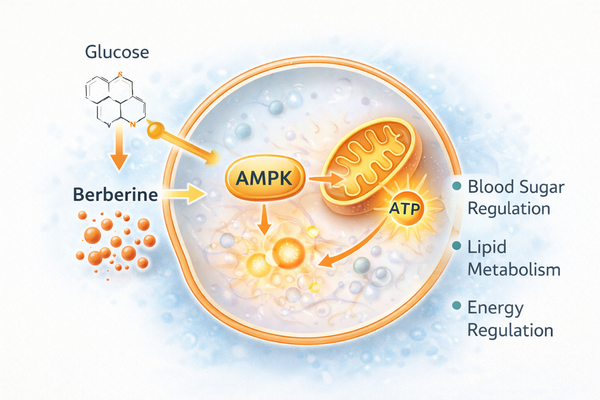The Science of Sleep: How Quality Rest Strengthens Your Brain and Body

Good sleep isn’t a luxury — it’s a biological necessity. Yet millions of people underestimate how much quality rest influences brain health, metabolism, and emotional balance.
Modern neuroscience now shows that sleep is the body’s most powerful repair system — cleansing the brain, strengthening memory, and even protecting against disease.
1. What Happens in Your Brain While You Sleep
During deep sleep, the glymphatic system — the brain’s built-in cleaning network — becomes highly active. It clears out toxins and metabolic waste, including beta-amyloid, the protein linked to Alzheimer’s disease.
A 2019 study from the National Institute of Neurological Disorders and Stroke found that the brain removes two times more waste during deep sleep than when awake.
This nightly “detox” process helps preserve cognitive function, improve focus, and reduce the risk of neurodegenerative diseases.
2. Sleep’s Impact on Physical Health
Sleep plays a central role in immune regulation, hormone balance, and tissue repair.
When you sleep less than 6 hours a night, your body produces more cortisol (the stress hormone) and less growth hormone, both of which accelerate aging.
Poor sleep has been linked to:
- 38% higher risk of heart disease
- 50% increased risk of obesity
- Reduced insulin sensitivity leading to type 2 diabetes
Getting 7–8 hours of consistent, high-quality rest strengthens immunity and supports a longer, healthier life.
3. How Sleep Enhances Learning and Creativity
Dreaming isn’t random — it’s your brain reorganizing memories.
During REM sleep, neurons replay the day’s experiences, integrating new knowledge and making connections between unrelated ideas.
That’s why sleep is essential for problem-solving, innovation, and creativity.
In fact, Harvard Medical School found that people who sleep after studying recall information 33% better than those who stay awake.
4. Simple Ways to Improve Sleep Quality
- Keep a consistent sleep schedule — go to bed and wake up at the same time daily.
- Avoid screens 1 hour before bed — blue light suppresses melatonin.
- Cool your bedroom to around 18–20°C for deeper sleep.
- Avoid caffeine after 2 p.m. — it can disrupt REM cycles.
- Try mindfulness or gentle stretching to relax your nervous system.
Even small habits can drastically improve sleep quality within a week.
Final Thoughts
Quality sleep is the foundation of a sharp mind and a healthy body.
It’s not about sleeping longer, but sleeping smarter — giving your brain the chance to heal, grow, and recharge.
So tonight, skip the late scrolling and let your brain do what it was designed to do: repair itself.



